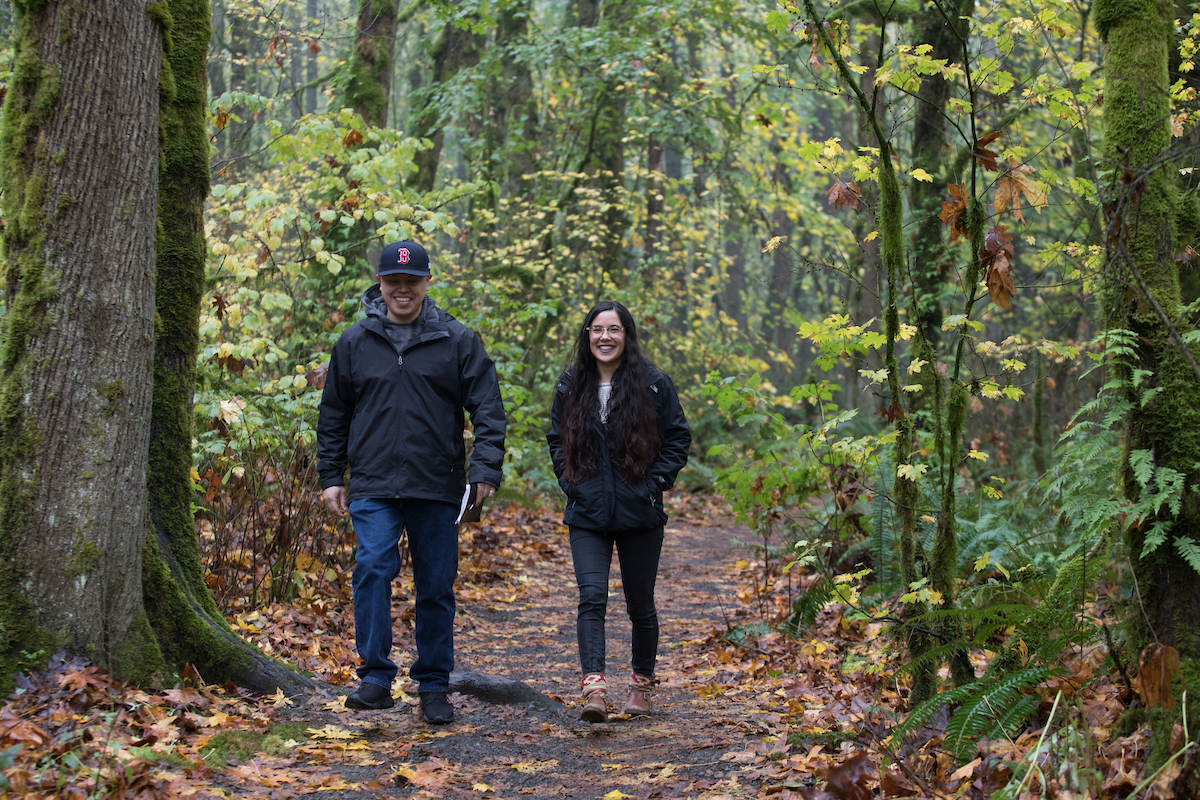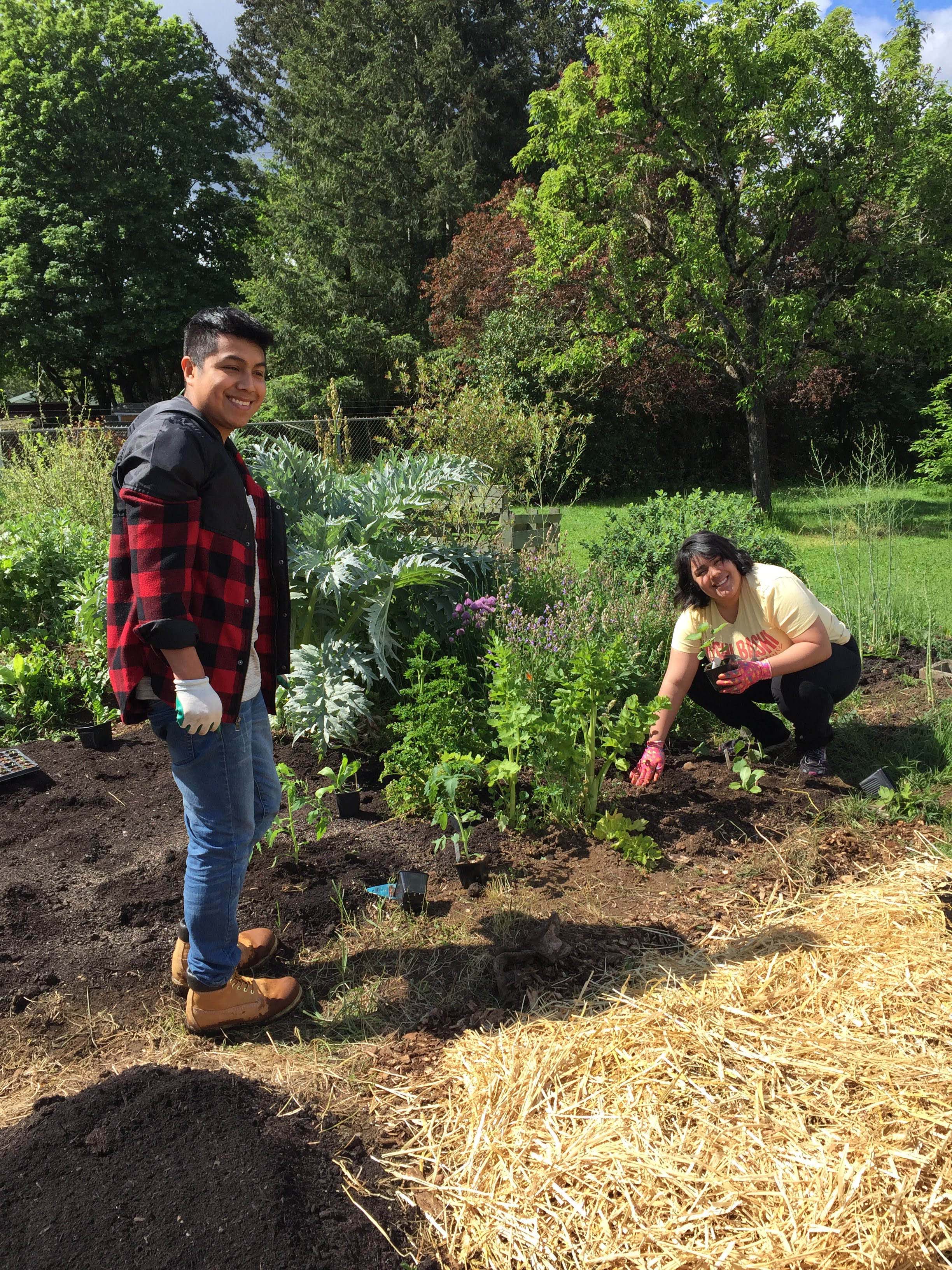Summer 2019
Whole Systems Living in the Columbia Gorge. Partnering with the Little White Salmon Biodiversity Reserve (LWSBR), participants will help tend farm and forest lands while exploring relationships among science, culture, stewardship and community development. LWSBR is committed to providing a place-based, systems-aware learning environment while serving community well-being and ecological health.
Mobilizing Hope Capstone: Engaged Spirituality. This course asks each participant to examine and discuss their own spiritual beliefs, and use that reflection as a spring board for social justice activism on an issue of their choosing. All students are welcome - those with a solid faith tradition, and those with none - and anywhere in between. Each student will develop their own partnership; each partnership and project must be approved by the Instructor.
Girls Rock Camp. The Rock & Roll Camp for Girls is a local non-profit organization that works to build girls' self-esteem through musical & performance mentorship as well as empowers/prepares young women of diverse backgrounds for leadership roles within their communities. Students in this Capstone will examine contemporary social issues related to the lives of girls today, as well as participate in Rock Camp programming & the creation of a final communication plan to secure on-going community support & sustainability for the camp. Please contact Molly Gray, mcg@pdx.edu, for more information.
 Tryon Creek: Cultural And Ecological Education. Students will participate in interpretive programs facilitated within the Tryon Creek State Natural Area.
Tryon Creek: Cultural And Ecological Education. Students will participate in interpretive programs facilitated within the Tryon Creek State Natural Area.
Grantwriting: Sustainability A grant is a proposal that seeks funds to solve a problem and normally is directed by a nonprofit organization [IRS 501(c)(3) designation] to a federal, state, or local government agency, a foundation, or a corporation.
 Natural Food Industry. This Capstone investigates sustainable food systems from producer to consumer, with a focus on the business practices of food cooperatives. We will work with our community partner People's Food Cooperative on projects related to health and nutrition, farmers markets, local and equitable food distribution, food justice and ethical business practices.
Natural Food Industry. This Capstone investigates sustainable food systems from producer to consumer, with a focus on the business practices of food cooperatives. We will work with our community partner People's Food Cooperative on projects related to health and nutrition, farmers markets, local and equitable food distribution, food justice and ethical business practices.
 Learning Gardens, Community Engagement and Sustainability. Students will explore community food security through community engagement in learning garden programs. Class time will focus on issues of community food security and ways to create food justice through community engagement and learning gardens.
Learning Gardens, Community Engagement and Sustainability. Students will explore community food security through community engagement in learning garden programs. Class time will focus on issues of community food security and ways to create food justice through community engagement and learning gardens.
 Research and Society. The objectives of Research and Society are: Community service with an emphasis on the sciences and your research interests; Learning to communicate scientific material in various media to professional and lay audiences; Higher level thinking about questions about scientific processes & ethics—synthesizing knowledge; and, Preparation to complete undergrad work and enter grad school and the workforce.
Research and Society. The objectives of Research and Society are: Community service with an emphasis on the sciences and your research interests; Learning to communicate scientific material in various media to professional and lay audiences; Higher level thinking about questions about scientific processes & ethics—synthesizing knowledge; and, Preparation to complete undergrad work and enter grad school and the workforce.
